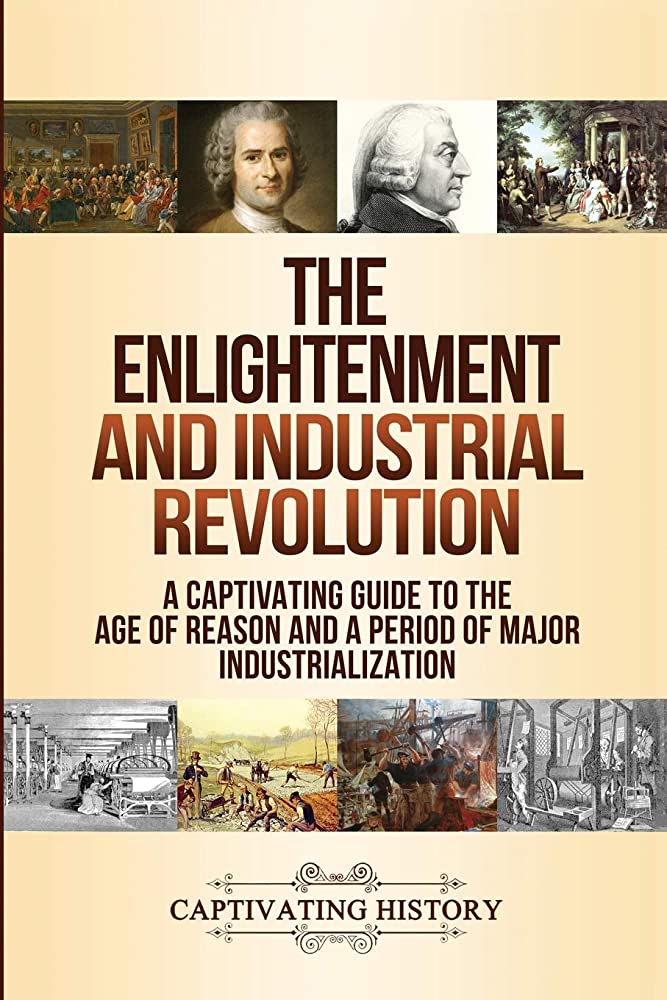The Renaissance and the Enlightenment were two major eras of European history that brought significant changes to society, culture, politics, and education. The Renaissance was characterized by a renewed interest in ancient Greek and Roman art, literature, science, and philosophy and marked the transition from the medieval period to the modern era. The Enlightenment was marked by a focus on reason, individualism, and progress, challenging traditional beliefs and values of European society. Both eras emphasized reason and empiricism, had a significant impact on art and literature, and challenged traditional systems of government and promoted democracy and individual rights. Despite their differences, both continue to shape our world today.
The Renaissance vs. The Enlightenment
Introduction
Europe has gone through many periods of transformation and growth throughout history. Two of the most significant periods are the Renaissance and the Enlightenment. Both eras brought fundamental changes to European society, culture, politics, and education. In this article, we will compare and contrast the Renaissance and the Enlightenment to explore their similarities and differences.
The Renaissance
The Renaissance was a period of intellectual and cultural growth that began in Italy in the 14th century and spread throughout Europe. The Renaissance was characterized by a renewed interest in ancient Greek and Roman art, literature, science, and philosophy. It was a time when artists, writers, scientists, and scholars focused on innovation and creativity. The Renaissance marked the transition from the medieval period to the modern era.
Art and Literature
One of the most prominent features of the Renaissance was its art and literature. Renaissance artists, such as Leonardo da Vinci, Michelangelo, and Raphael, transformed the art world with their innovative style and perspective. They brought realism and depth to their paintings and sculptures, and their works had a significant influence on the art of subsequent eras.
The Renaissance also saw the emergence of great literary works. Writers, such as William Shakespeare and Miguel de Cervantes, produced timeless pieces of literature that are still admired today. They broke from the rigid structures of classical literature and explored new forms of expression.
Science and Philosophy
The Renaissance was also a time of significant advancements in science and philosophy. Scientists, such as Galileo Galilei, Johannes Kepler, and Isaac Newton, made groundbreaking discoveries that challenged the traditional beliefs of their time. The Renaissance also saw the emergence of humanism, a philosophical movement that emphasized the importance of human reason and individualism.
The Enlightenment
The Enlightenment was an intellectual movement that emerged in the 18th century. It was a time when intellectuals and thinkers challenged the traditional beliefs and values of European society. The Enlightenment was characterized by a focus on reason, individualism, and progress. It was a time of significant change in politics, science, philosophy, and culture.
Science and Philosophy
The Enlightenment brought significant advancements in science and philosophy. Thinkers, such as René Descartes, John Locke, and Immanuel Kant, challenged traditional beliefs and emphasized the importance of reason and empirical evidence. They believed that the universe was rational, and that through reason and observation, humans could understand and control it.
Politics and Society
The Enlightenment also led to significant changes in politics and society. Thinkers, such as Jean-Jacques Rousseau and Thomas Paine, advocated for individual rights, democracy, and social justice. They challenged the traditional systems of monarchy and aristocracy and promoted the idea that all people are equal and have the right to participate in government.
Comparing and Contrasting the Renaissance and the Enlightenment
Focus on Reason and Empiricism
Both the Renaissance and the Enlightenment placed a significant emphasis on reason and empiricism. Renaissance thinkers believed in the importance of human reason and observation. They believed that through reason and observation, humans could understand the natural world and make progress. Similarly, Enlightenment thinkers believed that through reason and empiricism, humans could understand and control the universe.
Art and Literature
Both the Renaissance and the Enlightenment had a significant impact on art and literature. The Renaissance brought forth innovative new styles, techniques, and subject matter, while the Enlightenment brought forth new ways of thinking about the world through literature, such as satire and the novel.
Politics and Society
The Enlightenment and the Renaissance both had an impact on politics and society. The Renaissance challenged traditional ideas about the role of the individual and the importance of human rights. Similarly, the Enlightenment challenged traditional systems of government and promoted the idea of democracy and individual rights.
Conclusion
The Renaissance and the Enlightenment were two of the most transformative periods in European history. Both eras brought significant changes to European society, culture, politics, and education. The Renaissance brought forth the rediscovery of ancient Greek and Roman art, literature, science, and philosophy, while the Enlightenment brought forth new ways of thinking about the world through reason and empiricism. Despite their differences, both eras continue to influence and shape our world today.
